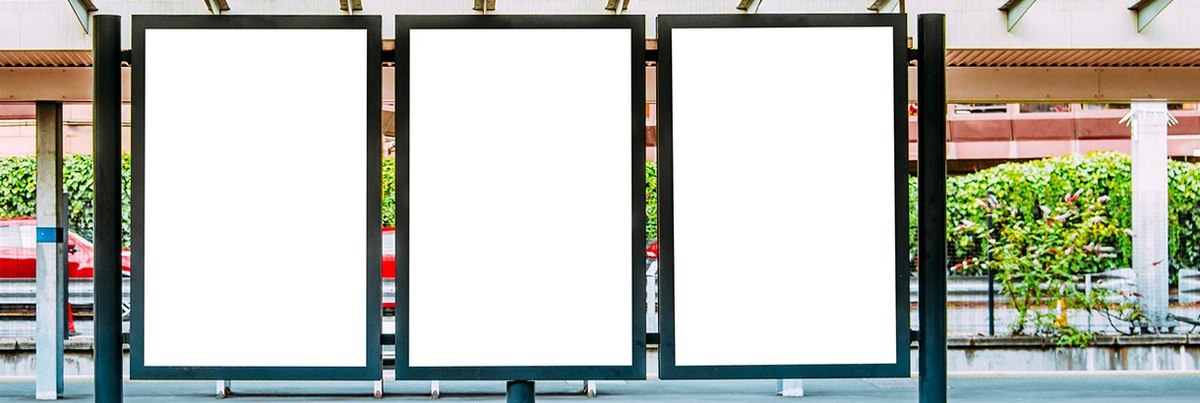
When we reflect on the top media trends over the past year, the coronavirus pandemic connects virtually every disruption and transformation in the media industry. In a new 17-country study, YouGov’s International Media Consumption Report, we analyzed the changes in how people behave and engage with different types of media, compiling insights into the world’s changing behavior all in one place.
But as brands decide where to invest their advertising spend in a post-pandemic world, it’s important to identify the types of advertising and content which people find credible and trustworthy.
A separate YouGov study asked people in 17 countries and regions how trustworthy they find advertising to be across ten popular media channels. The data reveals large differences between the low levels of trust held by several European countries and the United States in newer media channels versus significantly higher levels of credibility given to them in developing markets like Mexico and Asia-Pacific.
A look at the media channels people trust in the UK, for instance, shows people tend to trust ads on TV (53%) and radio (53%) the most followed by other types of traditional media like print (42%), cinemas (38%) and billboards (38%).
On the other hand, Britons are significantly less likely to find advertising on websites (18%) and social media (10%) to be trustworthy. It's not just the UK where people are skeptical of newer forms of advertising. Social media ads are the least credible form of advertising worldwide, with just 25% of the global sample saying they trust these types of ads and nine out of the 17 markets sitting below this global average.
Americans’ trust in advertising resembles that of the UK but to a less pointed degree. In the US, it’s television, print, and radio which command the most trust but none of them muster the trust of more than half the population. And while Americans distrust social media and websites more than they trust them, they are significantly more likely to give them credibility than Britons.